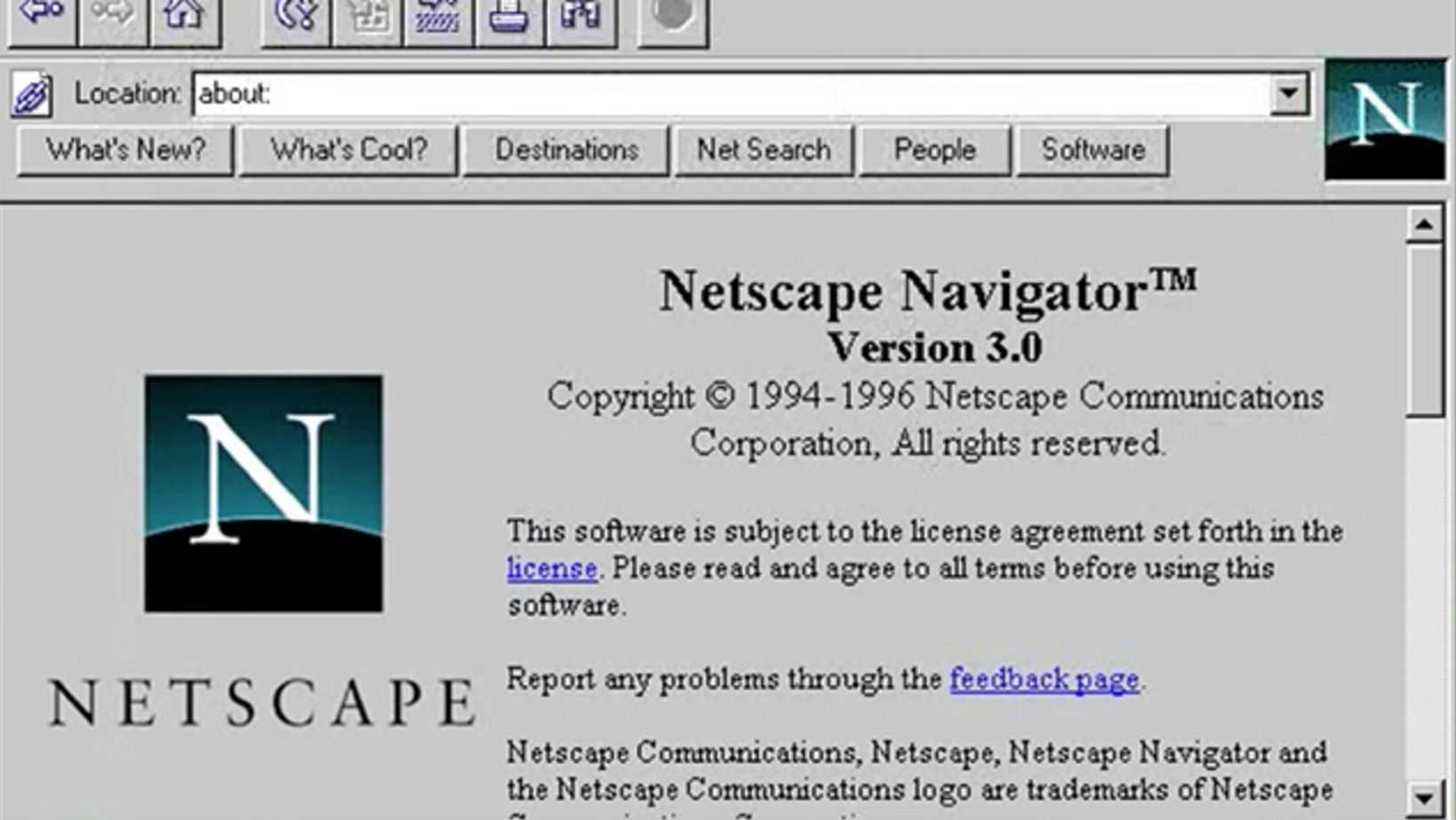The next generation of the internet is coming, and it is called Web3. When exactly it will arrive is still unclear, but ideally, it is being touted as a cyber utopia. The term Web3 has existed for nearly a decade and its implementation could change the way companies profit from the internet. It is planned around decentralised blockchain technology. This is the same technology used by cryptocurrencies such as Bitcoin, where data isn’t managed by a centralised server or single authority, but by all of the computer systems that run on the blockchain.
Blockchain is a system of recording information in a way that makes it difficult or impossible to change, hack, or cheat the system. A blockchain is a digital ledger of transactions that is duplicated and distributed across the entire network of computer systems on the blockchain. This is essentially what will make Web3 a safer place when it comes to IT security concerns around shopping or interacting online.
By comparison, the first version of the internet was known as Web 1.0. This is the one you remember from the early nineties and noughties where images were visibly pixelated, painfully long video buffering was standard, and your internet was disconnected as soon as someone made a phone call. Web 1.0 was still the internet in its infancy and was largely decentralised.

Many pages weren’t linked and search engines didn’t have algorithm intelligence. Most internet users at this time weren’t producing their own content. Even so, that simple internet was a place where everyone accessed information freely. Now, we all know the handful of companies that run, own, manage and profit from our web custom.
As James Grimmelmann, a Cornell University professor who studies law and technology, explained to npr.org, “Web3 represents technologists reaching for the idealistic ethos of the dawn of the internet — everyone can freely use the information superhighway! — that long ago was overtaken by tech companies.”
The current era of the internet, Web 2.0, came about in the mid-noughties. This iteration of the internet is the one we all contribute to. We post photos on social platforms, comment on news articles and create our own sites and blogs. Most of these contributions are made on centralised, corporately owned sites such as Facebook, Amazon, Shopify, Wix or TikTok.

Web 2.0 invites user contributions but is largely centrally controlled by corporations.
This means there is a whole lot of data that is controlled by a small number of corporations. Some of these companies aren’t beyond sharing and selling that data to advertisers and marketers.
Part of the concept behind Web3 is that it will allow internet users to regain more control over where their data is being harvested. The technologies behind it could allow internet users to earn money, assets and ownership for creating content. The good news is that Web3 technology is already being utilised. Cryptocurrency uses blockchain technology, as does Non-Fungible Tokens which continue to gain popularity and value.
However, Blockchain security is still being thoroughly investigated for its wider security capabilities. A testament to its trustworthiness is the fact companies such as IBM, Walmart and FedEX have adopted the technology.

Web3 will utilise Blockchain technology, but its wider cyber security capabilities are still being investigated.
Web3 also has its detractors though and not surprisingly, they are mainly corporate giants such as Tesla founder Elon Musk who tweeted ‘Has anyone seen Web3? I can’t find it.’ Even though Web3 would be decentralised, Twitter founder and blockchain advocate Jack Dorsey said Web3 still had “corporate incentives”. It makes sense that those who already benefit heavily from Web2’s current structure would prefer to keep the money – and sellable data – to continue rolling in at the same rate.
This is what it comes down to. Web3 will be putting the power of the internet back into the hands of the people, and the majority of multi-trillion dollar corporations won’t be in a huge hurry to lose control of their market shares. The Web3, when it finally arrives, will be a happy place where we access social networks, shopping sites and information without a handful of companies profiting from our visitation. But, we just have to make sure it is secure first.
Trust Evologic for IT security
While Web3 will eventually allow users to have greater control over their personal and company data, Evologic will always keep your data safe with a range of customised cyber security and managed IT solutions in Geelong. Find out more here.


